|
I was trained to defend a country against armed conflict. What we are experiencing now is a virtual war. The enemy has the type of firepower and their tactics equate with what I faced when we fought the IRA whilst training in the UK.
They adopt hit and run tactics. The difference here in this war - The rules of engagement is one whereby the enemy is trying to kill us and who we try to protect. When we try to protect them and ourselves by shooting back with accurate shots, we are condemned. We are attacked based even on what we wear. The media spends more time finding anything to attack us instead of the real enemy. Many in the communities who lose loved ones by the same criminals, instead attack us, saying " all yuh too wicked". Politicians who when in Government, saw it fit to tilt the scales of justice towards law abiding citizens, but when they go on the other side of the Parliamentary bench, get a change of heart and fight for the rights of criminals to be free even if held with weapons of war. And the unkindliest cut of all - in the history of all armed conflicts worldwide- this country has created history. In our armed conflict, which is a virtual war zone, when we actually capture the enemy of the state, after being charged with gang activity and having firepower to kill hundreds in seconds, unlike prisoners of war who remain incarcerated until the armed conflict ends, we are directed to release them immediately, so they can go back unto the killing fields to lead their troops or be re issued with assault rifles to turn again at our law enforcement officials in the war zone. Then when the murder count rises, the Police is blamed. Every creed and race no longer has an equal place. Criminal elements now have more rights, hence throwing cold water to that line in our anthem. Regardless of the few detractors, and those who are in strategic positions to undermine what we are trying to achieve, including those in and out of uniform. I give the assurance that good would overcome evil. I would continue to do what is required to defend the 1.2 million plus law abiding citizens from the criminals elements and their strategic allies. The more they target me, it means that we are starting to achieve our objective. We would overcome. We would win back our country. Gary Griffith
0 Comments
 Trinidad and Tobago students topped 42 out of all 72 CAPE subjects offered in the June 2019 exams. The Merit List for each subject offered by CXC at this level has been released, showing the top candidates for each, across the Caribbean. Meanwhile, for CSEC, T&T students topped 12 out of 39 subjects in this year’s June exams. While T&T students topped nine subjects, they populated the top ten in almost every CSEC subject. The merit lists are available for viewing on the CXC website. CAPE Subjects that T&T students topped:
CSEC Subjects that T&T students topped:
Secretary General of the Sanatan Dharma Maha Sabha and a man who carved out a legacy for himself as a fighter, Satnarayan Maharaj, 88, has died.
He died at 12.01 am Saturday, November 16, eight days after he suffered a stroke. Maharaj had been warded at Medical Associates in St Joseph in critical condition and yesterday his son Vijay Maharaj announced that he had been taken off support systems. The following is an article from the Trinidad Guardian, November 20, 2019 SHALIZA HASSANALI shaliza.has[email protected] Few people knew the softer side of Sat Maharaj and many branded him as controversial not knowing that behind his acidic tongue, Maharaj had a heart that could have melted stone. Such were the tributes at his funeral service at the SDMS headquarters, St Augustine, yesterday. Principal of Lakshmi Girls’ Hindu College Sonia Mahase and president of the SDMS Primary School Principals Association Sharmain Bhagaloo-Maharaj, who both paid tribute to Maharaj, fought hard to contain their emotions yesterday as they recalled the integral role the general secretary of the SDMS played in building a strong education system for its 43 primary and five secondary schools in T&T. The courtyard of the SDMS was filled with hundreds of mourners who braved the rains to pay their last respect. Reflecting on Maharaj’s life, Bhagaloo-Maharaj said he made landmark victories at the Privy Council. Maharaj’s greatest achievement she said was his advancement in education. “He transformed our SDMS schools, which were first called and labelled as cowsheds, into prestigious learning institutions.” Under Maharaj’s guidance, Bhagaloo-Maharaj said these schools today stand as beacons in communities. “He was adamant that no child in an SDMS school should be left behind.” Bhagaloo-Maharaj said those who “fell short” would feel Maharaj’s fiery outburst behind closed doors. She said Maharaj also had “a warm and gracious side that few were aware of and experienced.” Trying hard to contain her tears, Bhagaloo-Maharaj said Maharaj was a “loving, caring father figure, a mentor, guide and confidant whose shoes will be hard to fill.” Bhagaloo-Maharaj said principals and SDMS selfishly prayed for Maharaj to live to 100 but they all knew he was here on borrowed time. “You have fearlessly fought and won your battles, go and rest now with your wife Shanti,” Bhagaloo- Maharaj said, her voice cracking as she spoke. Mahase spoke about Maharaj attending the school’s graduation ceremony on November 7. “At one point he turned and said to me, when we win our fifth consecutive President’s Gold Medal he was going to apply for a holiday for all SDMS’ primary and secondary schools to celebrate.” Maharaj, however, did not live to see this happen. Standing behind Mahase was the school’s 2019 President’s Medal winner Celine Roodal, who was applauded for her achievements. The school won 40 scholarships. She said Maharaj would have been proud of the scholarships achieved at the Vishnu Boys’ Hindu College and Shiva Boys’ Hindu College. “He has ensured that all his secondary schools have been placed on a trajectory of success.” Mahase said Maharaj was uncompromising, passionate and at times a hard taskmaster. Apart from being their pillar of strength, Maharaj was their mentor and visionary. “He became our guru, our touchstone and confidant,” Mahase said, trying hard to fight her tears. Mahase said Maharaj ensured that the education of females remain a priority while he stood proud of the strides made by female students in the CSEC and CAPE examinations. President general of the SDMS Pundit Krishna Rambally said the last thing Maharaj fought against was the sedition law. “He discharged his responsibility with finesse and tact. He was not one to be easily discouraged. His legacy stands as tall and strong as he did. We have lost a great leader.” Those who knew Maharaj could attest that he was a loving individual. Rambally assured that the work of the SDMS will continue in keeping with Maharaj’s vision. A Trini-born surgeon practising in England is being hailed as a hero by many for successfully reconstructing the jaw of a 15-year-old girl following a horse-riding accident. Consultant Oral & Maxillofacial surgeon based at Sheffield Teaching Hospitals and an Honorary Senior Clinical Lecturer at the University of Sheffield, Ricardo Mohammed-Ali, successfully reconstructed the jaw of Emily Eccles when it broke in half in August. Speaking on the show “BBC Breakfast” on Friday, Eccles explained that her jaw was attached to her body only by a bit of skin and the helmet she was wearing at the time. Eccles’ injury was described by doctors as the worst they’ve seen outside of a warzone. Also appearing on the show was Mr Mohammed-Ali who explained: “I got a call from one of my juniors, which was a bit odd that said we’ve got a patient that is coming in and their jaw has been separated from their face.” “It’s not often you get a call like that. You get a fractured mandible, or a fractured cheekbone, upper jaw, lower jaw,” he said Elaborating on the extent of Eccles’ condition in an interview with Guardian Media, he said time was of the essence to the success of the surgery. “The jaw was split in two and the left side was completely separated from the face. The lower part of the face was detached from the rest of the face except for a strip of skin on the right side. The nerves that move the lip and provides feeling were severed. I had to reconstruct bone, muscles, nerves and restore blood supply. If not the lower part of the face would have not survived. The surgery was time critical to ensure survival of the tissues. We basically re-implanted the lower face.”
Eight weeks later Eccles is able to speak, however, she admitted on the BBC show that she can’t feel the bottom lip properly as “it’s like pins and needles because of the nerves being damaged and ripped out but other than that, it’s become normal now.” Her recovery, Mohammed-Ali said, was remarkable. “On the third of October it was two months and the swelling has gone down, the jaw is functioning, she is back to eating and drinking as normal.” With such a remarkable recovery, many have hailed Mr Mohammed-Ali a hero, dubbing his work as a miracle. Asked by Guardian Media if he felt like a hero, he said: “I am just doing my job and privileged that I am able to reconstruct faces and treat patients with facial deformities.” Mr Mohammed-Ali was born in Trinidad and left for England after studies at the University of the West Indies (UWI). He has been residing in the UK for the past 16 years. New Europe tour operator to pitch tourism The Tobago Tourism Agency Ltd (TTAL), in a press release, has announced a strategic move to increase visitor arrivals to destination Tobago. TTAL said it has engaged European travel specialist, Boomerang Reisen, to sell the island with a digitally-focused approach.
At ITB Berlin held in March of this year, one of the Tobago Tourism Agency’s objectives was to reinforce the support of major tour operators and re-establish the positive reputation of Tobago, ensuring that new earmarked partners are confident in the destination as a lucrative investment. With the launch of the Tobago Beyond brand and Go to Market strategy in Europe, Boomerang Reisen was one operator approached to further push Tobago’s presence in the German market. TTAL said Boomerang Reisen is a long-haul travel specialist with more than 25 years in the market, operating 15 branches in three European countries. In 2018, the company started a programme for the Caribbean featuring select top destinations, and they have now added the "unspoilt, untouched and undiscovered" Tobago to their programme. TTAL and Boomerang will partner to undertake a pro-active approach to promote Tobago and its tourism products, with several campaigns encompassing traditional and online advertising elements. TTAL marketing co-ordinator Sheena Des Vignes said in the TTAL press release, “Germany is our second largest source market and among the world travel champions, thus it is vital that we create increased awareness among consumers in that region. By tapping into this lucrative source market, the Tobago Tourism Agency endeavours to inspire interest in travellers seeking a unique experience for a holiday that goes beyond ordinary.” TTAL hosted a familiarisation trip from October 1-8 with travel consultants representing four branches of Boomerang Reisen, to deliver first-hand knowledge of the island and its unique selling points and create a pool of properly qualified agents to sell the island in overseas markets. The trip included a networking event on October 7, giving Tobago’s tourism stakeholders the opportunity to meet with the travel agents. Susan London of Bacolet Beach Club was one of the stakeholders at the event and enthused about the value of the networking initiative hosted by TTAL, as well as the addition of a new tour operator to sell destination Tobago. “I am happy because we now have this opportunity to expose Tobago even further on the map by opening this extra channel. This is a plus for Tobago, and Tobago’s tourism,” she said. Source: Newsday 14 October 2019 Stephon Nicholas Men Take Lead documentray executive producer Natraj Pillai, left, director Aarthi Shrivastava, Dwayne Bravo and Arunachalam Muruganantham (Padman). - Cricketer/entertainer Dwayne Bravo’s fight against period poverty in his home, TT, is being well documented. It has been captured in local and international media. This time it is going to be further documented with a documentary called Men Take the Lead.
The documentary is being produced by Seattle-based production company, People Media Factory and is being done collaboratively with ANT production out of India and Singapore. The documentary’s producer is TG Vishwa Prasad, the executive producer is Natraj Pillai, its co-producer Vivek Kuchibhotla and director, Aarthi Shrivastava. The documentary, Pillai said to Newsday, aims to cover Bravo’s life as well as highlight the work he is doing in fighting the issue of period poverty in TT and beyond. The documentary highlights Bravo’s journey from the start of the initiative until he brings the low-cost sanitary pad-making machine to TT. It is expected to be 45-minutes long and is being filmed in TT and India. The documentary’s synopsis says, “Men Take Lead is an incredible journey of a renowned cricketer and DJ from the Caribbean Dwayne Bravo. In a nutshell, the film explores how his trip to India changes the face of menstrual hygiene for thousands of girls in his country TT...Bravo during his stay in Chenni, India, comes across Arunachalam Muruganantham (Padman of India) tackling the issue of menstrual hygiene in India through his sanitary pad-making innovation.” Pillai said he always wanted to do a documentary with some serious meaning. He added that when he found Bravo and his interest in charity and plan to meet Muruganantham he decided to document it. For Pillai, the difference with this documentary is that Bravo is one of the few male sports people to talk about and support menstrual hygiene. He hopes that the documentary will make the world take a look at the issue and result in other celebrities and other influential people getting involved. The final copy of the documentary is expected to be ready by December and will be sent to film festivals across the world. Source: Newsday, Oct 22, 2019 I would make decisions based on what is right and not what is popular.
Within the last few weeks, I have made several controversial decisions and comments in my official capacity, that have caused nationwide debate as to whether it should have been done or not. Whereas it is the right of everyone to have the freedom of choice or expression of any matter, it has indeed demonstrated the lack of understanding of the laws of the land by a few, as some are boxed into making views based on emotion and not based on logic, international best practice or fundamental policies of law enforcement. Just a few of these decisions, which have caused some to comment in an adverse manner, have in fact raised eyebrows internationally, as those who understand law enforcement, are shocked that any logical thinking citizen would have concerns on making decisions based on what would have been done in the exact same manner in those countries, as is mandatory due to their experience and expertise in understanding the value of making such decisions, and adhering to Standard Operations Procedure. Just a few of these include: • The decision to release persons held against their will: The audacity of me, being so bold, to release 69 persons who were reported as being imprisoned against their will, tortured, beaten, left naked, kidnapped, assaulted and had funds taken away from them. How dare I as Commissioner of Police, be so out of place to expose this and release these persons from captivity? • The decision to acquire Armoured vehicles to protect the lives of Police Officers: In Parliament recently, a concern was raised by a politician as to the audacity of a Leader in the Police being so foolish to want to acquire vehicles to ensure that my Officers can be protected from hostile gunfire when they patrol. So what if almost every elite law enforcement unit in the world has similar vehicles to ensure that the lives of Police Officers are protected, but how dare I do the same to try to protect the lives of TT Police Officers whilst performing their duty? How dare I acquire an Armoured vehicle to assist the State to ensure that we are prepared to act if there is ever a repeat of 1990, or to extract a hostage if held captive, or to get personnel to a site to defuse a bomb, by wanting to have them secured in a vehicle that could save their lives? • Establishment of a Police Social Media Monitoring unit: So what if this is done worldwide - why should a unit be established that would monitor what everyone else is viewing on social media, even though this Unit would assist in reducing child pornography, human trafficking, child prostitution, recruitment of terrorists and recruiting of gangs, and getting leads to solve or stop a murder, because apparently for some, it is the right of the criminal to be protected and have a degree of privacy, so how dare I try to invade that privilege, even if it could save lives . • Revealing facts in a charge report to the public, that is accessible to the media: A well-known figure is charged under the Sedition Act, and the media only uses the extracts of what was conveniently fed to them, instead of actually acquiring the charge report. To clarify the misconception, I reveal the actual charge report, showing much more of what was in the charge report. The Defence Attorney then sends a release, voicing his concern, that I revealed the truth and the facts to the public, so a media house puts a headline saying ' Gary's Mischief ', because how dare I reveal the truth to the public, because revealing the truth, revealing facts to the public is seen as mischief. Breach of Regulations by allowing a civilian into an armed conflict, hence endangering his life and possibly that of other Officers: The latest horror is me being so bold to launch an investigation whereby Police Officers, engaged in a hostage crisis, allegedly being confronted by someone with a firearm, but allowing a civilian to become vulnerable and exposed in a firefight, and being allowed into a possible kill zone, which could have also affected the said officers in the performance of their duties. The excuse to justify such approval being that it is the family member of someone makes it even more important for anyone who has a firearm, not to be engaged in such an armed conflict, especially when it is under the control of the TTPS as that said time. The same critics who are concerned about me being so bold to deal with a breach of operational law enforcement policy by allowing a civilian into a hostile environment would be the first to be expressing concerns, had that same citizen been killed in the crossfire. Whilst the Officers can be commended for their actions in extracting the hostage unharmed, I ask which country, Police Department or Service in the world, would find it appropriate for a relative of someone being held hostage, to be allowed to draw a firearm and accompany Police Officers into a hostage crisis? Social Media is indeed a double-edged sword as it opens the door for comment on every matter, much of the time without proper research and many times facts, causing at times more harm than good. For too long, this country has seen many decisions made based on persons in authority going in a certain direction to win support and popularity. As a Leader and in this case, as Commissioner of Police, I have no intention to ever make any decision or comment, based on doing what the majority feels, but doing what is required based on whether it is right or wrong, or whether it is legal or illegal. I have no intention to change that stance Gary Griffith Junior, Commissioner of Police. Source: Breaking News TT October 19, 2019 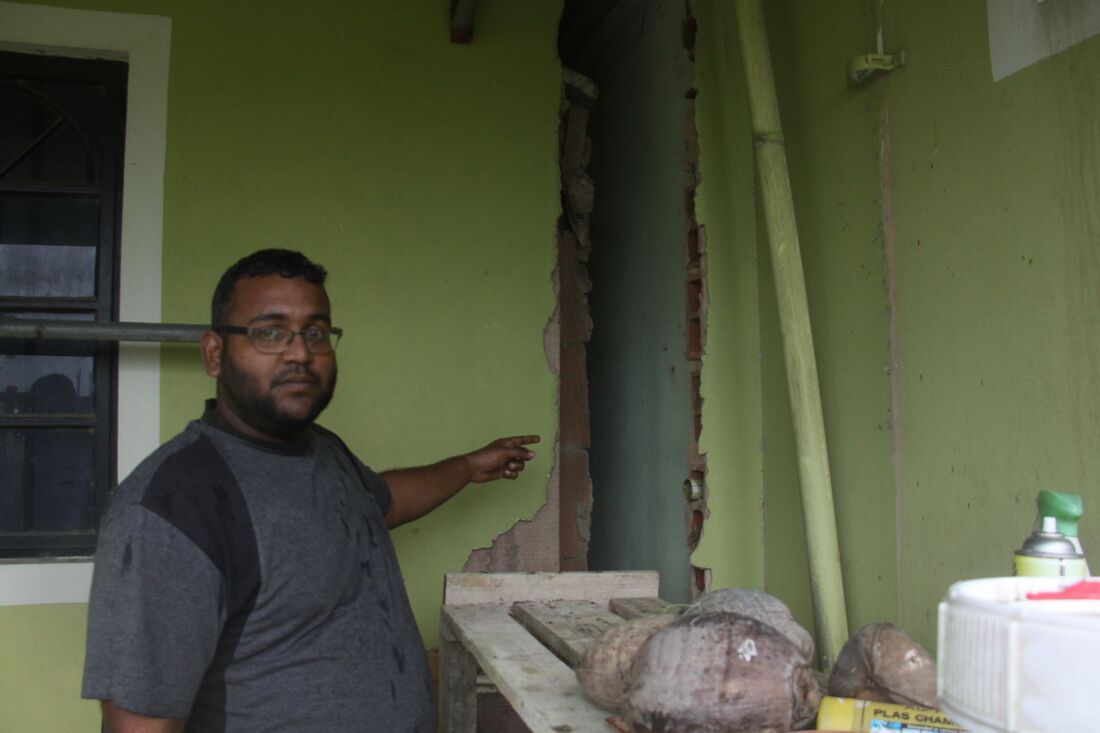 While authorities have cordoned off the Piparo Mud Volcano following an increase in activity, one family may have to evacuate as earth movement has started to damage their home. Large fissures from the volcano continued to widen from Saturday night into yesterday, with fresh mounds of mud piling up near the mouth. As scores of curious visitors and residents gathered, the machinated sound could be heard and gas was released every few minutes. Police officers were doing patrols, in case there was a need to initiate an emergency exercise. For Fedell Solomon, whose home is situated close to the volcano, the memories of the 1997 eruption that almost flattened their community rushed to mind. Solomon was only nine years old back then, but when the equipment room began separating from the rest of his family home, they immediately began packing up important documents and clothes and putting it in their vehicle in case they needed to evacuate. “We were getting ready for bed and just heard something like a hard gunshot. We thought it was someone trying to come into the property. We tried to figure out what it was. We didn’t see any movements until the second similar noise and then a piece of concrete lifted off. It was then the house started moving. All we could have done was to observe it moving. We tried to move whatever we could safely,” Solomon said. In 1997 eruption, the house which has been there for the past 30 years, also sustained damage. He said it is frightening living close to the volcano and his family is hoping for the best. He said they are contemplating to evacuate their home if the situation worsens. Senior geoscientist Xavier Moonan advised citizens not to venture near the Piparo mud volcano since drone surveys indicated it was about to blow. Moonan and his team toured the volcano yesterday morning, hours after residents reported seeing fissures and cracks around the area. In an interview, Moonan said: “We just drone surveyed the mud volcano. We should advise people to not venture onto it at least. It looks like it may blow very soon. We are seeing up to two feet of motion on some fractures.” Princes Town MP Barry Padarath, who viewed the activity at the volcano believes that residents should not take any chances and those living closely should evacuate. Recalling that the 1997 eruption came like a “thief in the night” he said the new development has caused panic in the community and was worried that none of the relevant authorities had shown up to assess the conditions. Source: Guadian, Sept. 24, 2019 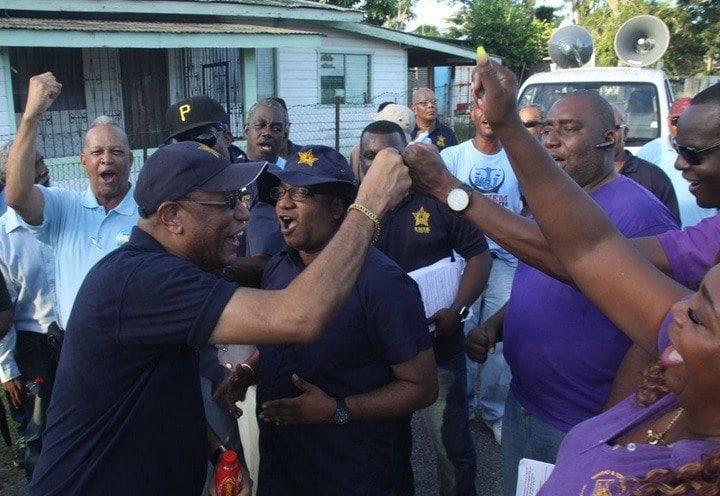 President General of the Oilfield Workers’ Trade Union Ancel Roget has given the assurance that their acquisition of the former Petrotrin refinery will benefit every single citizen in T&T. Receiving the news of their success during a walkabout in Point Fortin in support of two Movement for Social Justice (MSJ) local government candidates yesterday afternoon, Roget and union members broke out in celebration, chanting to union songs. Finance Minister Colm Imbert announced in Parliament that OWTU-owned Patrotic Energies and Technologies Services Ltd, won the bid for the refinery with an offer of US$700 million. Some 70 bids were initially made for the refinery’s acquisition. It is the first time in the history of T&T that a union has taken control of a state enterprise, one that was once considered a major revenue earner. Speaking with the media at Newlands, Mahaica, shortly after receiving the news, Roget said, “While everybody was preparing for the celebration of Christmas last year, on December 17 the OWTU would have been busy with the process of incorporating a company for the acquisition of the refinery and that company is the Patriotic Energy and Technologies Services Ltd.” He said this was something the union and the people deserved. “I also want to say that the acquisition of the refinery for the OWTU on our part is not just for the Petrotrin workers, it’s for the Petrotrin workers that is a fact. It is not just for the OWTU members, it is for the OWTU members that is also a fact, but it is for and behalf all of the people of T&T. We did this on the focus of the country, knowing full well that if that refinery had gotten into any other hands it would not have benefited T&T. We would have struggled, we would have prayed, we would have fasted and at the end of the day the Almighty God would have showered blessings on us not just us but on the people of T&T,” he said. He added: “The people T&T certainly deserve a lot more and we are going to ensure that our acquisition of those assets do not go in vain. It will go for every single citizen that walks this land.” Thanking all well wishers and members who supported the union in every step of the journey, he said, “The acquisition of those assets is not a gift from the Government. We did not get any gratis or nobody did us any favour. We deserve it, the people deserve it.” Roget suggested that not all the workers who were fired will be rehired. “All of the workers who were in support of the union for the acquisition of those assets, those workers will not be disappointed,” he said. Roget said their first order of business will be a national prayer service to give thanks to God. The company, he said, will also have to receive its formal document from the Government stating that they had acquired the refinery. “Once that occurs we will be able to take it from there,” he said. In due time, he said the board members of Patriotic Energy and Technologies Services Ltd will be disclosed. Last year Roget, in an interview with Guardian Media, indicated that a foreign investor was interested in partnering with OWTU in a joint venture lease of the refinery. The Government claimed the state oil company was losing money and Petrotrin was shut down on November 30. Thousands of workers were terminated. The assets were divided into four companies, Trinidad Petroleum Holdings Ltd, Heritage Petroleum Company, Paria Fuel Trading Company and Guaracara Refinery Ltd. Source: Guardian, Sept. 24, 2019. |
T&T news blogThe intent of this blog is to bring some news from home and other fun items. If you enjoy what you read, please leave us a comment.. Archives
June 2025
Categories
All
|
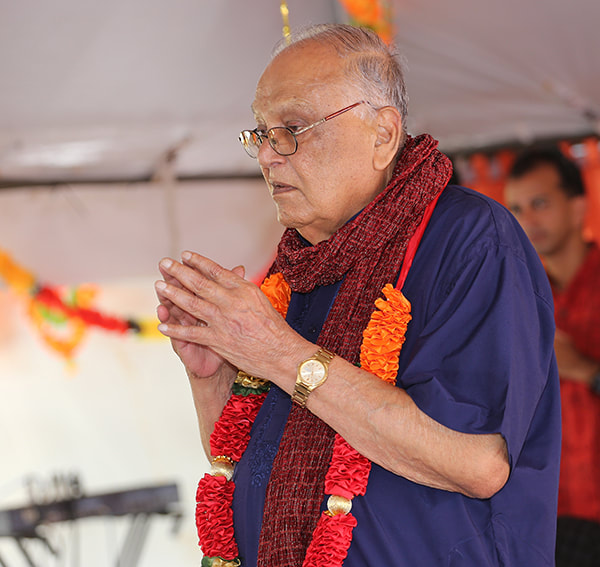
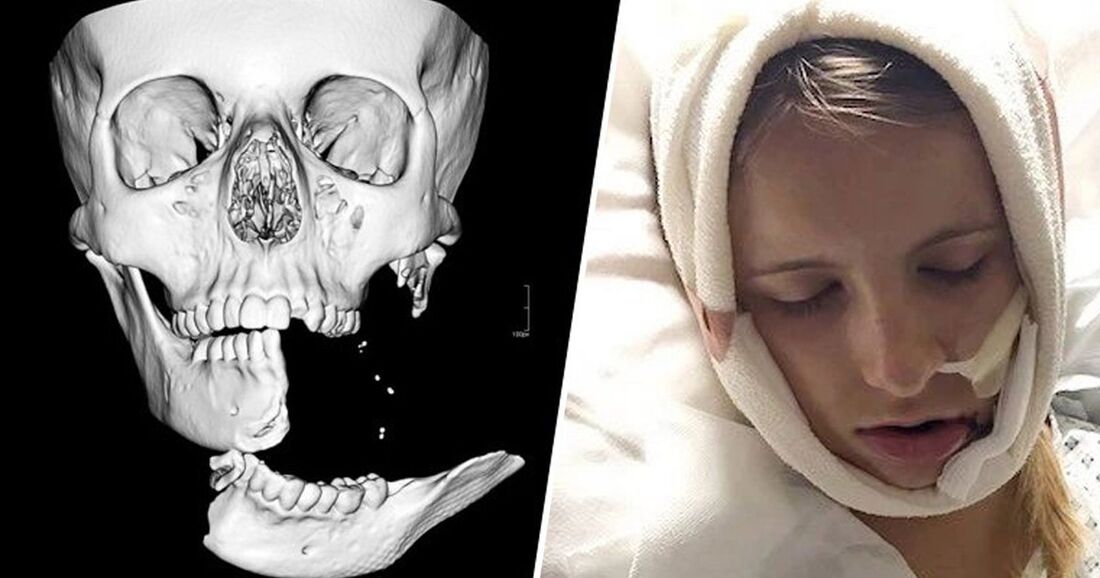
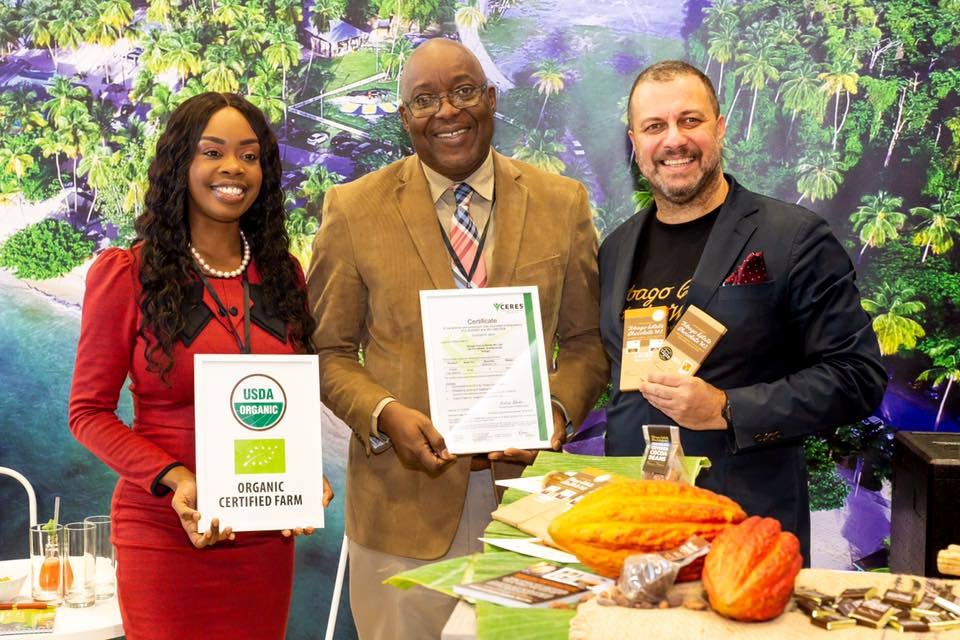

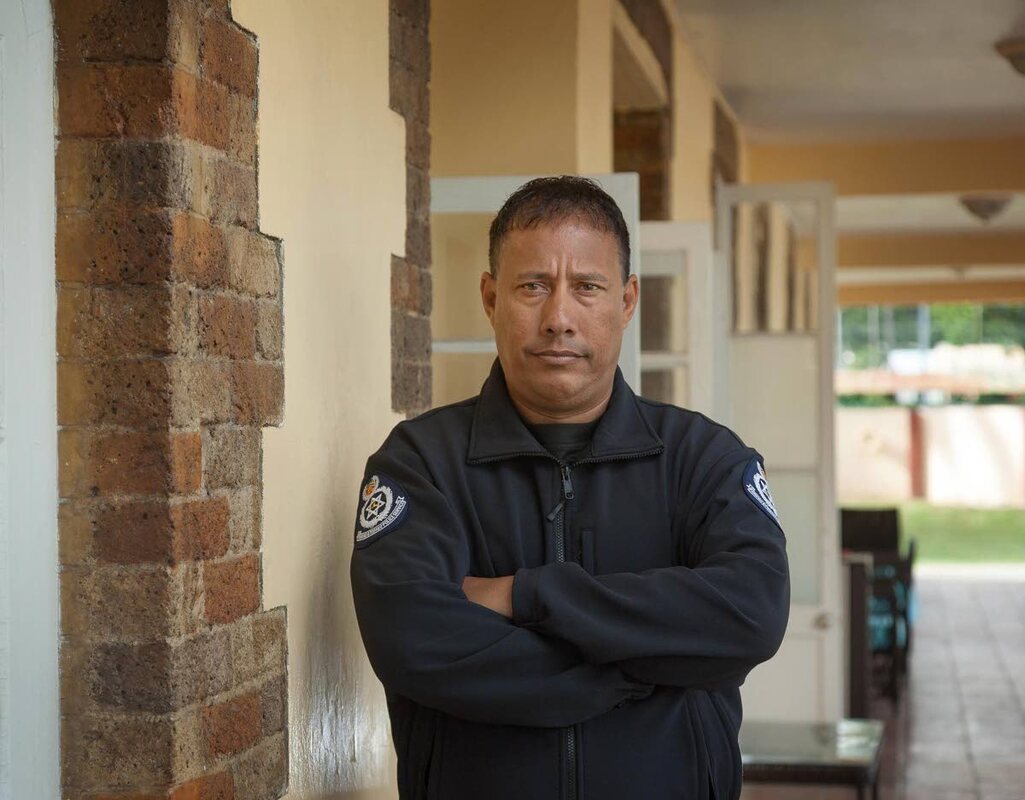

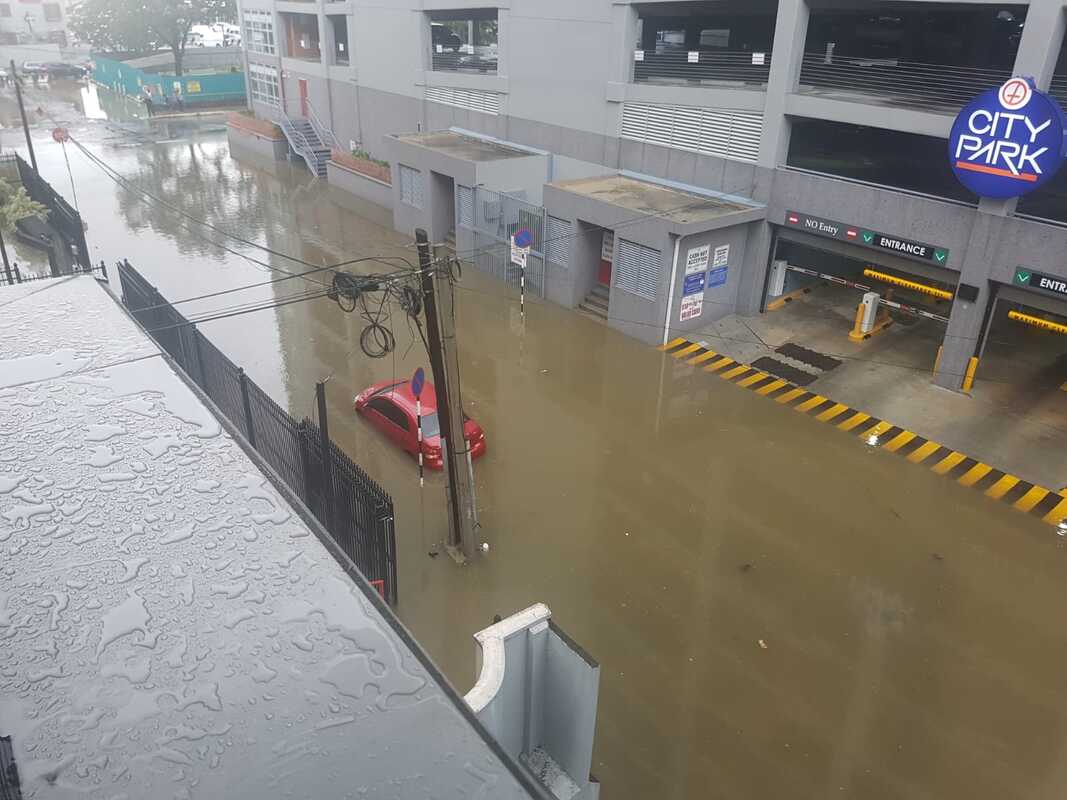

 RSS Feed
RSS Feed